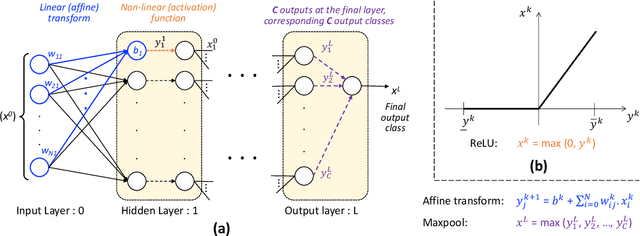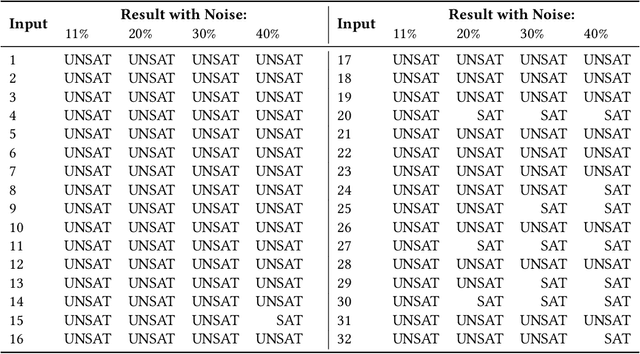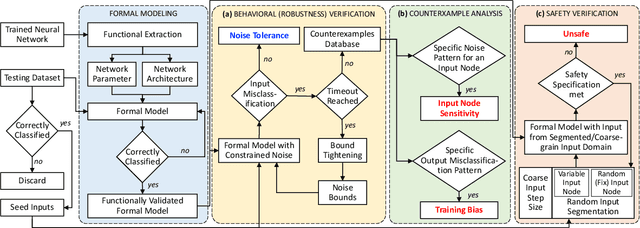Scaling Model Checking for DNN Analysis via State-Space Reduction and Input Segmentation
Paper and Code
Jul 03, 2023



Owing to their remarkable learning capabilities and performance in real-world applications, the use of machine learning systems based on Neural Networks (NNs) has been continuously increasing. However, various case studies and empirical findings in the literature suggest that slight variations to NN inputs can lead to erroneous and undesirable NN behavior. This has led to considerable interest in their formal analysis, aiming to provide guarantees regarding a given NN's behavior. Existing frameworks provide robustness and/or safety guarantees for the trained NNs, using satisfiability solving and linear programming. We proposed FANNet, the first model checking-based framework for analyzing a broader range of NN properties. However, the state-space explosion associated with model checking entails a scalability problem, making the FANNet applicable only to small NNs. This work develops state-space reduction and input segmentation approaches, to improve the scalability and timing efficiency of formal NN analysis. Compared to the state-of-the-art FANNet, this enables our new model checking-based framework to reduce the verification's timing overhead by a factor of up to 8000, making the framework applicable to NNs even with approximately $80$ times more network parameters. This in turn allows the analysis of NN safety properties using the new framework, in addition to all the NN properties already included with FANNet. The framework is shown to be efficiently able to analyze properties of NNs trained on healthcare datasets as well as the well--acknowledged ACAS Xu NNs.
 Add to Chrome
Add to Chrome Add to Firefox
Add to Firefox Add to Edge
Add to Edge